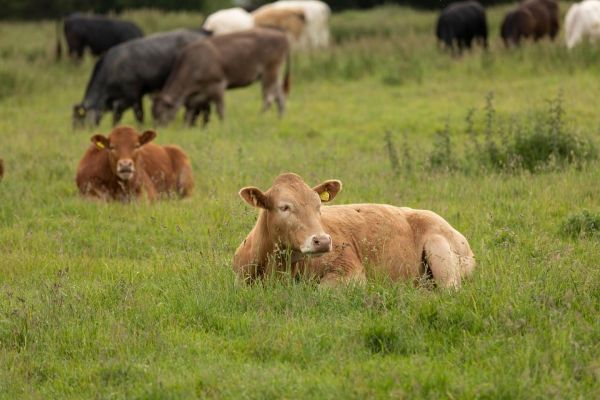Harmful bacteria are hiding in livestock; traditional methods aren’t finding them.
Growing resistance to our go-to antibiotics is one of the biggest threats the world faces. As common bacteria like strep and salmonella become resistant to medications, what used to be easily treatable infections can now pose difficult medical challenges.
New research from the University of Georgia shows that there may be more antimicrobial-resistant salmonella in our food animals than scientists previously thought.
Using technology she developed, UGA researcher Nikki Shariat and Amy Siceloff, a first-year doctoral student in UGA’s Department of Microbiology, found that traditional culturing methods used to test livestock for problematic bacteria often miss drug-resistant strains of salmonella. This finding has implications for treating sick food animals and the people who get infected by eating contaminated meat.
The study, published in Antimicrobial Agents and Chemotherapy, showed that 60% of cattle fecal samples contained multiple strains of salmonella that traditional testing methods missed. More alarmingly, Shariat found that about one out of every 10 samples tested positive for a drug-resistant strain of salmonella called Salmonella Reading. In addition to being antibiotic resistant, Salmonella Reading can cause severe illness in people.
Read more at University of Georgia
Image: New research from the University of Georgia uncovered antimicrobial-resistant salmonella in cows. (Credit: Andrew Davis Tucker/UGA)


